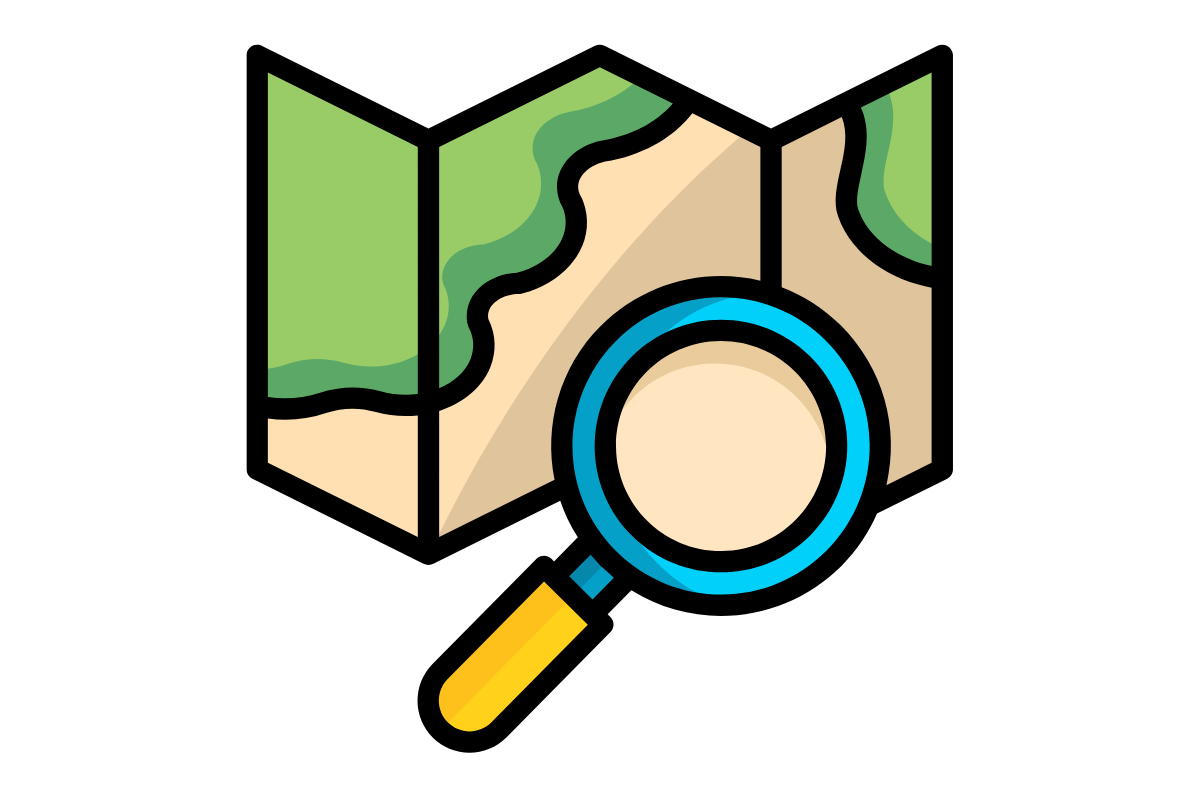Welcome to the Florida Center for Students with Unique Abilities
Students and Families
Are you looking for college opportunities for students with intellectual disabilities? Let's help you get started.

Find a Program
Florida Postsecondary Comprehensive Transition Programs (FPCTPs) are postsecondary programs for students with intellectual disabilities that increase independent living, experiential postsecondary education, and employment opportunities. There are more than 30 approved FPCTPs across the state.

Family2Family Toolkit
FCSUA staff members listened to the needs and ideas offered by family members and program personnel. The Family2Family Toolkit is the product that resulted from family-related needs, comments, and thoughts.

Exploring Options
Transitioning from high school to college is a big step, especially for students with disabilities. It's important to understand your rights, available support, and the different pathways to higher education. Learn about the options that can help you succeed in a Florida Postsecondary Comprehensive Transition Program.
An investment in knowledge pays the best interest
- Benjamin Franklin
Postsecondary Institutions
Strategic Planning
To start the journey of becoming a Florida Postsecondary Comprehensive Transition Program, FCSUA requires the postsecondary institution to complete an initial strategic planning. The initial strategic plan is a key element in writing your FPCTP Application and Initial Grant.
FPCTP Application and Grants
Are you interested in developing a Florida Postsecondary Comprehensive Transition Program (FPCTP) at your institution? Learn about the application process.
Initial and continuing grants are available once an eligible institution has received FPCTP approval. Learn about the funding available.
FPCTP Reporting Schedule
The FPCTP Act requires approved programs to submit annual reports to the FCSUA. The FPCTP Reporting schedule includes all due dates for approved programs to submit their reports on time.